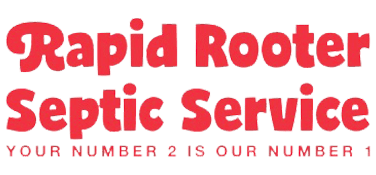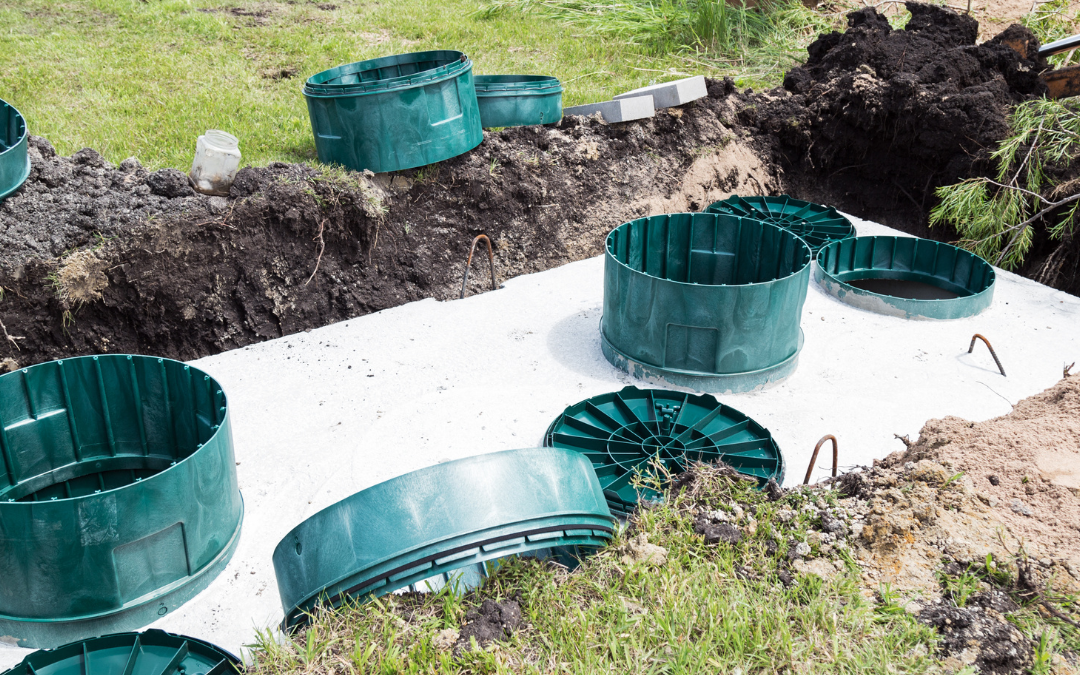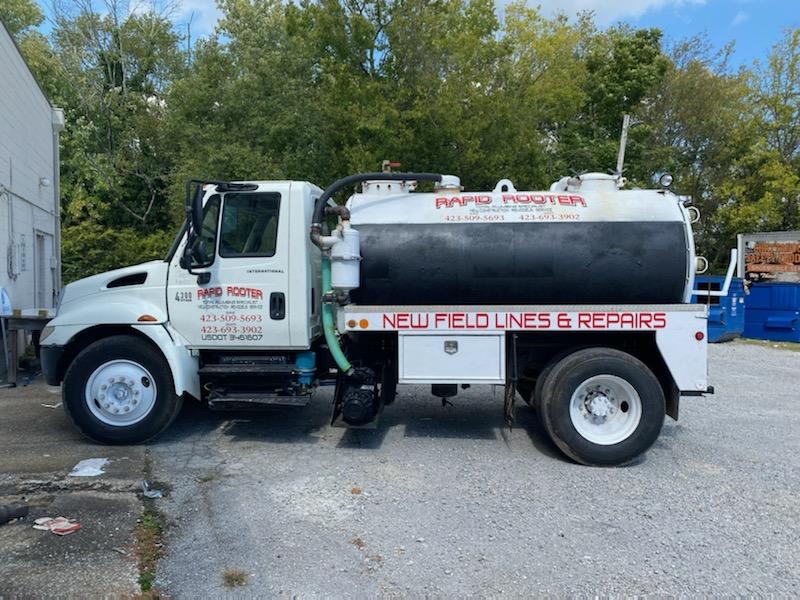Prolonging The Life Of Your Septic System:
Pay attention to the importance of maintaining your septic system. Unfortunately, improper checkups can lead to an expensive mistake. While simple maintenance for a septic system should be performed every 1 to 2 years, repairing or replacing a malfunctioning septic system can cost as much as 15,000$ for conventional residential systems. Knowing this makes it clear that septic system maintenance is essential. Here are a few things people can do to ensure appropriate care to maintain a Septic System.
Regular Inspection & Pumping:
The first and most effective front-line defense in septic maintenance is simple. Ensure that a septic system professional in your area comes by every 1 to 2 years for an inspection. Alternative septic systems that use mechanical components, pumps, switches, etc., should be inspected much more often, preferably once a year. You can also check with your local septic professional to see how often they recommend an inspection. Factors such as household size, total wastewater used, and septic tank size can affect how frequently problems may arise in your system
What to Know When Calling A Service Provider:
Your septic service provider should inspect your tank for leaks and examine the sludge and scum layers in your tank. You will want to keep a record of work performed on the septic system. A great example is available on the National Onsite Wastewater Recycling Association’s Guide & Record Keeping Folder Example. They will determine if a pump is necessary by the amount of sludge and scum accumulated in your tank.
Use Water Efficiently:
The average single-family home can consume as much as 70 gallons of water daily. However, something as small as a leaking toilet can get up this number to 200 gallons daily. Less water entering a septic system means longer times between pumping, less strain on the overall septic system, and savings on your water bill. Check out EPA’S WaterSense program for tips on saving water and using water-efficient products such as;
- High-efficiency toilets
- Faucet aerators & high-efficiency showerheads
- Washing machines bearing the ENERGY STAR Label. (These consume 35 % less energy and 50% less water than standard models.
Proper Disposal of Waste:
No matter how you dispose of wastewater in your home, anything flushed, rinsed, or drained in your home will wind up in your septic system. Certain items can adversely affect your septic system, and you should avoid flushing these items at all costs;
- Cooking oils & Grease
- Non-flushable Wipes
- Coffee Grounds
- Cigarette Butts
- Cat Litter
- Paper Towels
- Pharmaceuticals
- Household Chemicals like gasoline, oil, pesticides, paint thinner, etc.
Maintain A Healthy Septic Microbiome:
Your septic tank is full of living organisms that digest and treat the waste you put in it. Unfortunately, certain toxins and chemicals can be detrimental to this life, causing malfunctions in your septic tank. As listed above, Cooking oil, oil-based paints, solvents, large volumes of cleaners, and other toxins should not go through your septic system. It would help if you also avoided chemical drain openers for a clogged drain. Instead, try using boiling water or a drain snake.
Maintain Your Drain Field:
Your drain field is an essential component of your septic system that removes contaminants from liquids that emerge from your septic tank. Maintaining it can be as simple as doing the following.
- Parking: Do not park on your drain field.
- Planting: Plant Trees away from your drain field to keep roots from growing into your septic system. A septic service professional can help you determine the safe distance for this.
- Placing: Keep roof drains, sump pumps, & other drainage systems away from your drain field. Excess water can slow or completely stop the treatment process of your wastewater.
Conclusion:
Implementing a few simple practices to care for and maintain your septic system will help save you a lot of money in the long run. Using common sense and frequent inspections will increase the lifespan of your septic system in the long run. If you are experiencing any issues or problems with your septic system or have questions about professional septic system inspection, please give us a call at:
(423) 693-3902
We will happily address your septic tank issues and provide a free quote today.
Click here to learn more about our septic tank services.


